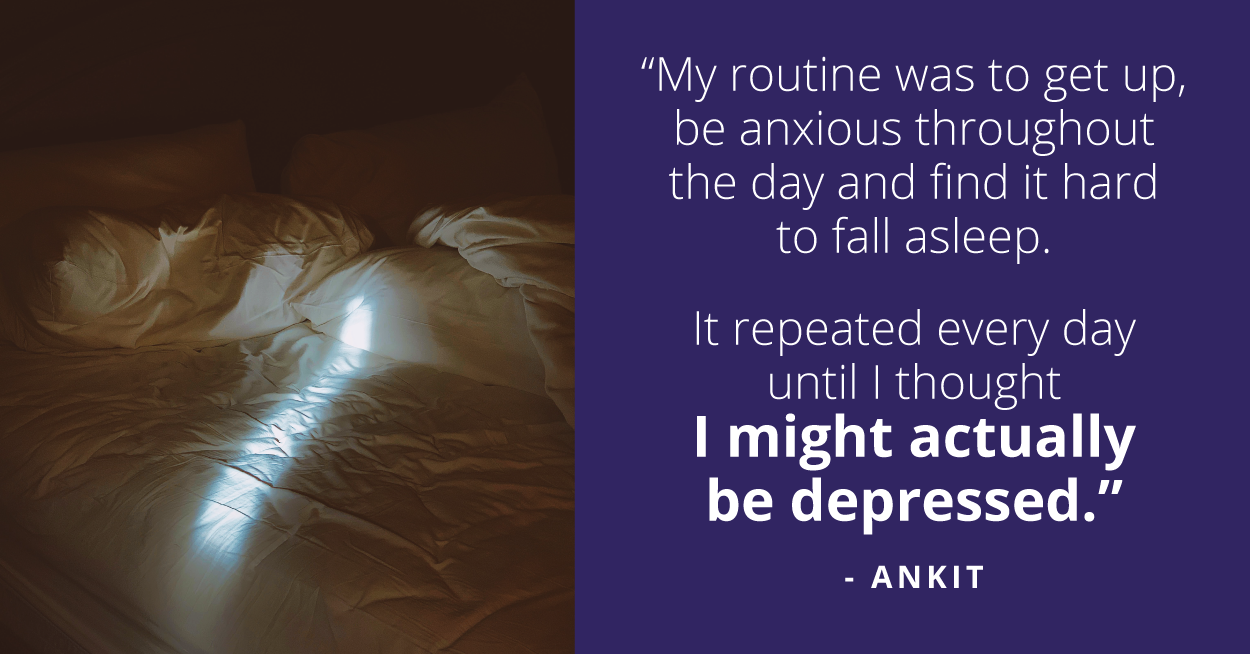Does Being a Housewife Leave You With Nothing?
Tradition is very strong in India and dictates many aspects of our lives. In India, regardless of religious differences, caste, class or regional location, tradition makes particular demands on the way women live their lives – from the clothes that they can wear to their mobility, the kinds of jobs they take up and so.
However, alongside this traditional part of society, women are also influenced by the advantages of modern life. Education, jobs, friends, and money are increasingly changing the image that women have of themselves. More and more young women have aspirations that do not fit with the feminine roles of ‘wife’ and ‘mother’. Does the impact of modernity bring with it its own brand of “identity crisis” for women?
There is an emptiness and vacuum in the everyday lives of most women who stay at home. A woman, who is now a primary school teacher, told me that she “wasted seven years” sitting at home just after marriage. In another case, a woman admits difficulty to having sexual intercourse even though she loves her husband. She feels the problem lies in a sense of frustration about being only a housewife.
The idea of ‘feminine’ and ‘masculine’ are artificially created by society and trying to fit real human beings into these ideas will probably lead to dissatisfaction and frustration. Women, like men, are creative beings. Often, the ideas of ‘femininity’ stifle women’s creative side – women are more than just mothers and wives.
For many women, a working career is what gives them a sense of being and purpose – an identity that is enriching.
The studies conducted by NIMHANS found that one in every 15 adult Indians, suffer from depressive illness and as much as 40 % of the population is likely to cross the line of clinical depression. A report released by the WHO (2002) states that depression threatens to be the world’s most common illness by the end of the century especially in women. The reason seems to be, increasing stress levels, demands of work, support, leisure activities and stress experienced in life. A study conducted by Madhu Mathur from Meerut University on 400 women of middle income bracket aged between 45-50 years reveals that as these ladies spent more time in household activities rather than leisure activities as compared to working or high income group bracket are more prone to depression. Mathur utilised sample of 85% of women who were graduates and from lower middle and middle class background.
Take for instance the example of Hemalatha. When 33-year-old Hemalatha, wife of a wealthy businessman in Kochi, a port city in the southern Indian state of Kerala, took an overdose of sleeping pills, relatives and friends were puzzled. After all, she had everything a woman could want, they said: a loving husband, two healthy children, a plush waterfront apartment, two housemaids and a chauffeur-driven car.
“But all the time I had the feeling that I was wasting away my life,” says Hemalatha, who holds a first-class Master’s degree in English. “My husband had forced me to quit my teaching job. He wanted me to stay at home and be the ‘ideal’ housewife.
He could never understand why I wanted to keep my job when he was earning so much. The once cheerful and fun-loving woman began to suffer from bouts of depression.
“Now I can’t do without anti-depressants,” she says. Hemalatha is among a growing number of women in Kerala suffering from mental disorders – mainly due to social, economic, cultural and gender-related stresses.
Now whether a woman should work or stay at home, should be a personal choice and forcing upon her, to do either way, is unfair. If the decision of the woman is to stay at home, or circumstances demand that she stays at home, here are a few pointers for what can be done to feel better about being a stay at home wife/mother:
- First, always take a shower and get ready for the day. Taking the time to shower and put on makeup makes a mom feel clean, refreshed, and prepared for the day. If an unexpected visitor comes, it takes away the embarrassment of not looking the best.
- Stop watching too much TV. There is very little to be gained from watching television. It is a time thief and a brain washer. Look at any study done on television, and they all say the same thing — stop watching it. It seems that our grandparents weren’t too far off when they told us that it was rotting our brains.
- Create a schedule for yourself. This is probably the most important piece of advice. They give structure to our days, space to enjoy activities, and time to get work done. Socialise more, join some hobby class, keep yourself fit.
Most importantly, if you’re feeling depressed, don’t try to keep doing the same things. A change in your daily patterns will completely transform your outlook. It’s more of a psychological problem rather than a biological one. So, if we can alter our thought process we can certainly overcome depression. And after all,






